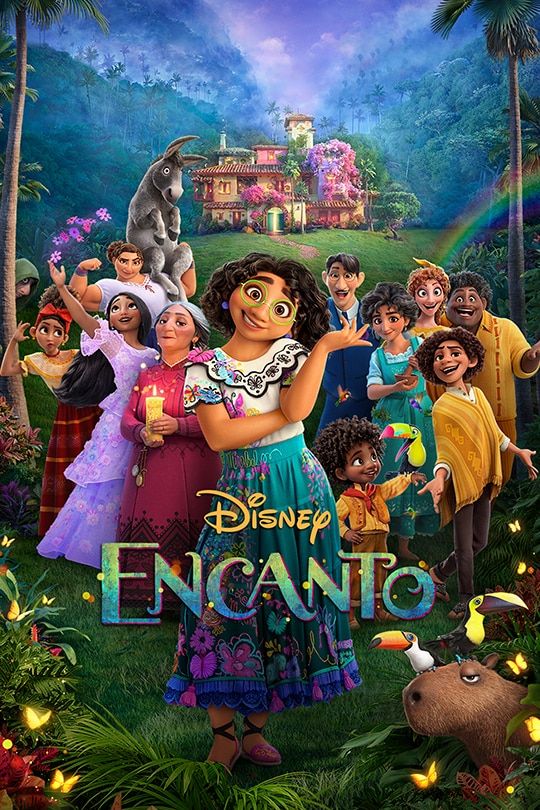
Because I have small children, I have seen The Walt Disney Company movie Encanto about 37 million times. And this experience has made me wonder: does every brand have a Bruno?
We Don’t Talk About Bruno – What’s That About?
A quick summary for those who haven’t seen the movie. Encanto is about a family that has magical gifts. Bruno’s gift was the ability to see the future, which sounds fantastic, but most of his predictions were negative. His family began to believe his predictions caused the bad outcomes, and after one especially notable conflict, Bruno left. Ever since, the family’s most famous song says, we don’t talk about Bruno.
In every group, each person has a role to play. Bruno’s role was that of the truth-teller: the person who, genuinely out of a sincere desire to help, says things other people don’t want to hear. These people are often dismissed from the conversation, brushed off, as Bruno was, as the crazy uncle no one listens to.
Who Is Your Bruno?
What does that mean for a brand? Who is your organization’s Bruno? Who don’t you talk about?
Bruno could be a customer, quick to write harsh reviews pointing out even the smallest flaw.
Bruno could be an activist, loudly demanding your company conduct itself in a way they see as more humane, ethical, or otherwise correct.
Bruno could be an employee speaking up about working conditions and pay rates.
Bruno could be a manager pointing out that changes need to be made because the in-store experience is suffering.
Bruno could be in leadership, taking a stand and telling the others the organization isn’t going in the right direction.
In the movie, it becomes clear that Bruno’s predictions weren’t causing the events that happened. He merely spotted the clues of impending events ahead of time and did his best to let people know. But it was easier for the family to become angry with what they were hearing and stop talking about Bruno.
This dynamic plays out in every human setting, including within our organizations. Perhaps you can think of times within your career when you’ve seen someone who’s been acting as a truth-teller phased out of the organization or otherwise disregarded. This is a thing that happens, but it doesn’t need to be that way.
As part of our ongoing conversation about trust, we need to reach a point where brands trust themselves enough to be able to listen to the Brunos of the world without shutting them out. We have to trust that the people in good faith relationships with us – our customers, our communities, our employees, team, and leadership – tell us things we don’t want to hear because they want us to do better.
We don’t talk about Bruno, but we have to if we want to grow.
